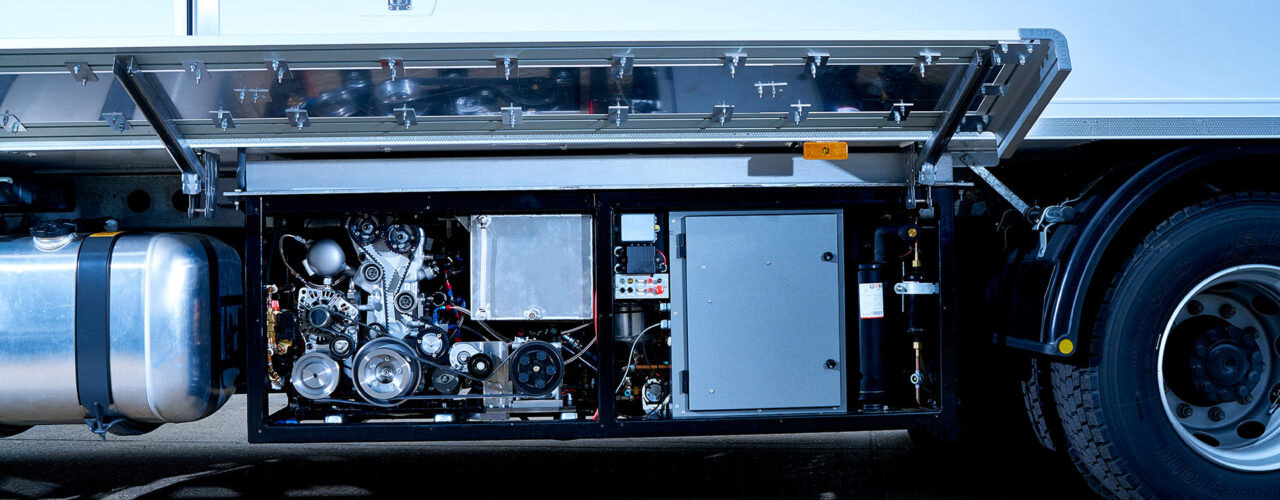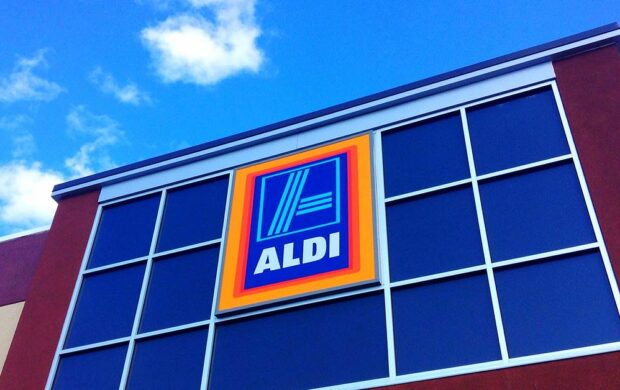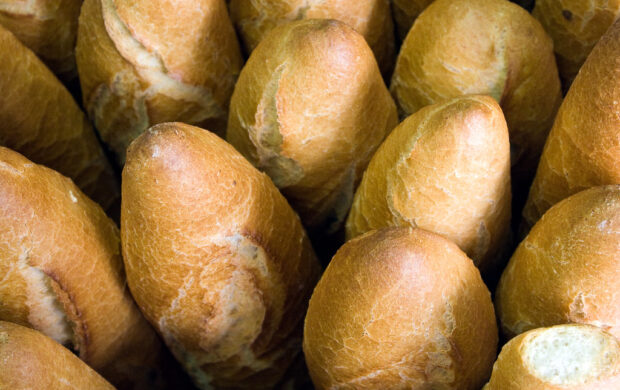Our present-day technology for transporting perishable foods is not sustainable. The transport refrigeration unit (TRU) on a refrigerated container consumes up to 20% of a truck’s diesel fuel, emits 29 times as much particulate matter and 6 times as much nitrous oxide as a modern propulsion engine.

Dearman’s ground-breaking liquid air transport refrigeration system (TRS) would reduce the environmental impact of cold storage in transit. When replacing a conventional diesel TRU, Dearman’s TRS reduces overall engine PM emissions by over 90% and NOx emissions by over 70%. It also reduces CO2 emissions by eliminating the need for idling and is found to be a quiet solution.
Interest and resources to support Dearman’s technology are growing. Park Vale Capital’s £16 million investment in January 2016, and the company was awarded £6 million in UK government grant funding in September. In July, UK grocer Sainsbury’s became the first company to trial the liquid nitrogen delivery trucks.







